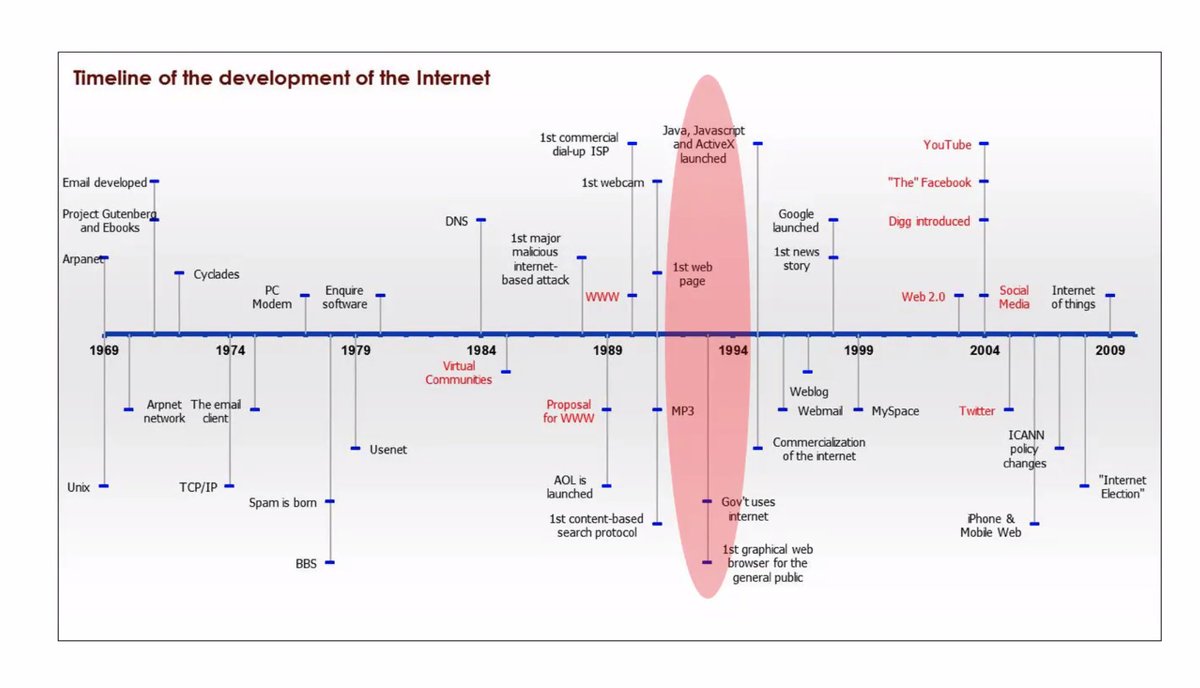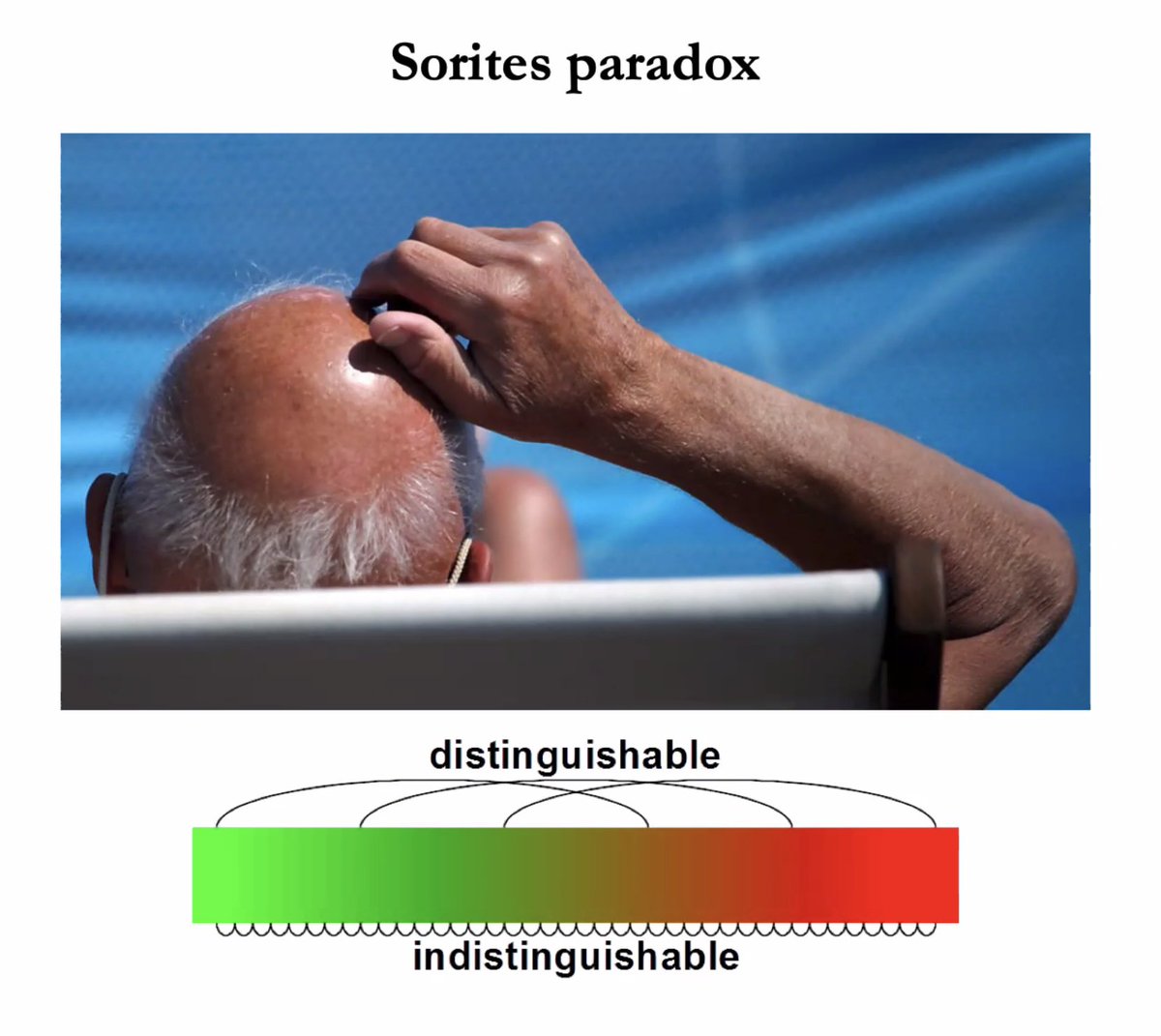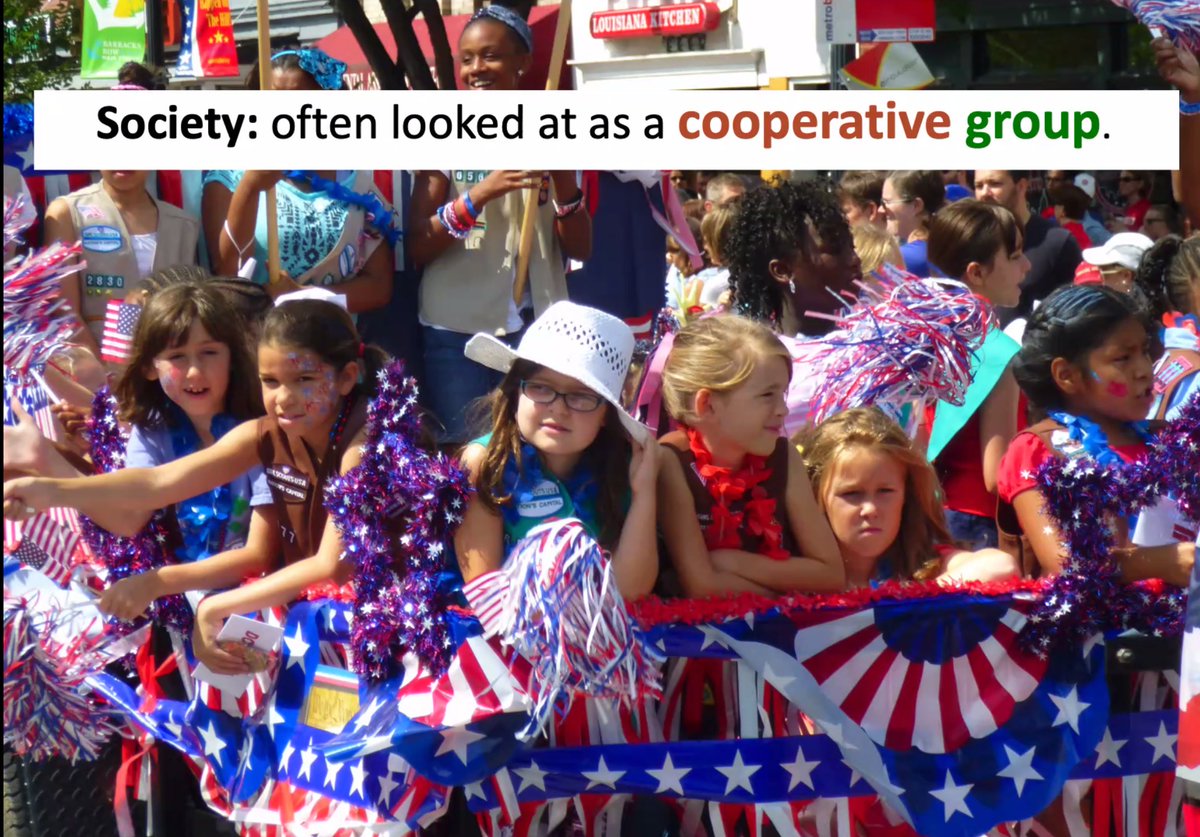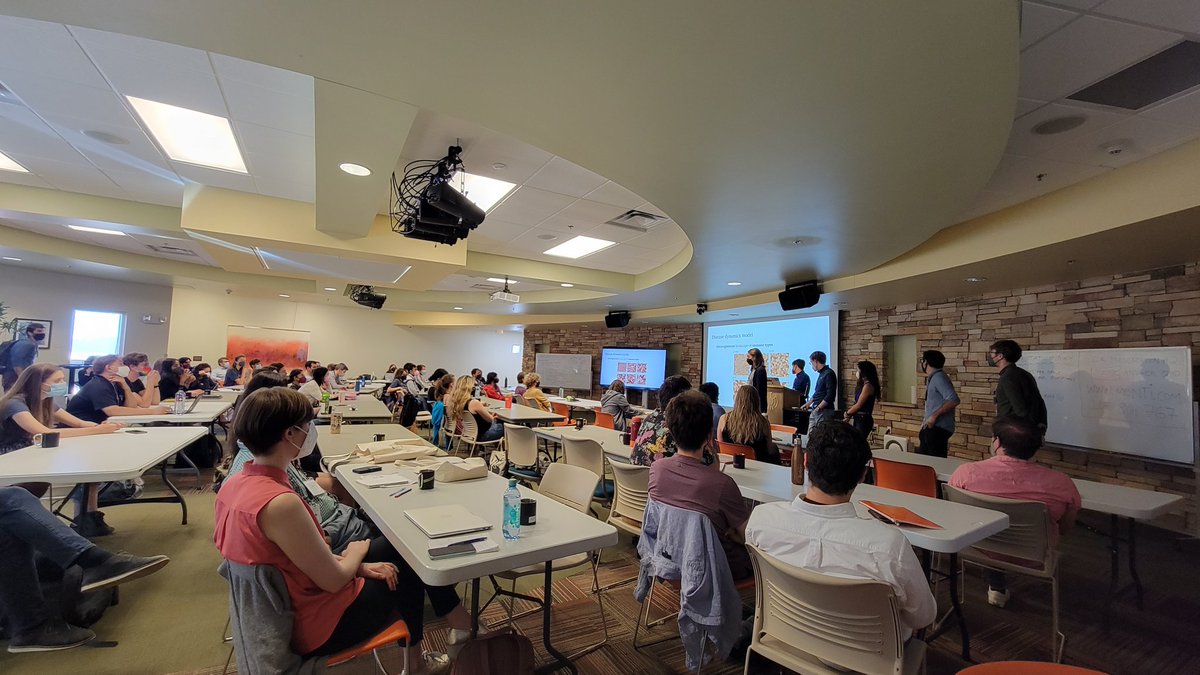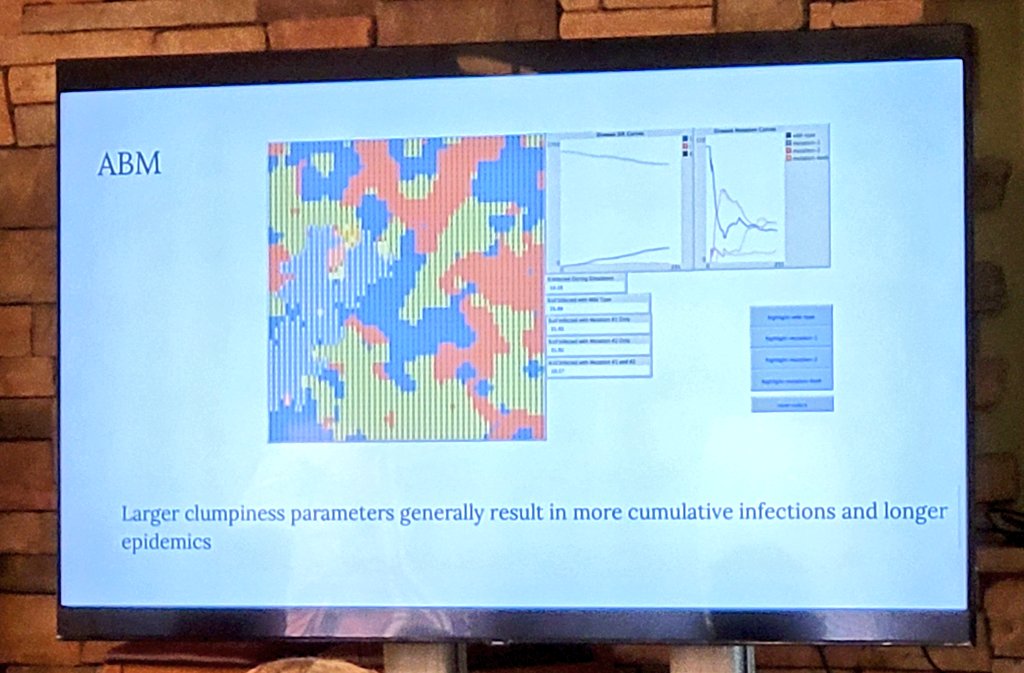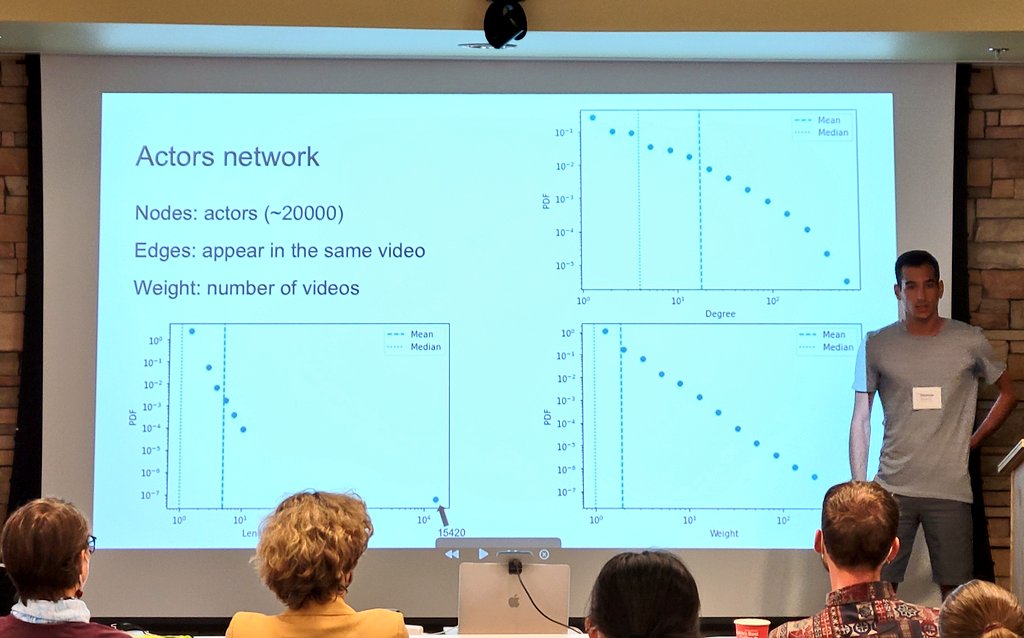
🧵 Tonight's SFI Community Lecture by 2x Miller Scholar @Andrea_Wulf begins in just a few minutes!
Follow this thread for the streaming link and highlights from the talk. (Sorry, but this recording will not be available to view afterward...)
Follow this thread for the streaming link and highlights from the talk. (Sorry, but this recording will not be available to view afterward...)
https://twitter.com/sfiscience/status/1554557747345211392
Talk starts now with an intro by SFI Prof @C4_Computation:
Q - Flack: "Some of you might wonder how a talk on Humboldt connects to #ComplexityScience."
A - Humboldt: "Knowledge of the chain of connection....the perception of these relations."
Q - Flack: "Some of you might wonder how a talk on Humboldt connects to #ComplexityScience."
A - Humboldt: "Knowledge of the chain of connection....the perception of these relations."
Who was #AlexanderVonHumboldt?
"A man who was so restless he said he was chased by 10,000 pigs... He spent his entire inheritance on a five-year voyage of South America. They called him 'The Shakespeare of the Sciences.'"
- @andrea_wulf
"A man who was so restless he said he was chased by 10,000 pigs... He spent his entire inheritance on a five-year voyage of South America. They called him 'The Shakespeare of the Sciences.'"
- @andrea_wulf

"#ThomasJefferson called him 'one of the greatest ornaments of our age.' #Napoleon was jealous of him. #JohnMuir's ideas were heavily influenced by his work. #Goethe said spending a few days with him was like several years. The @NYTimes dedicated an entire page to his birthday." 
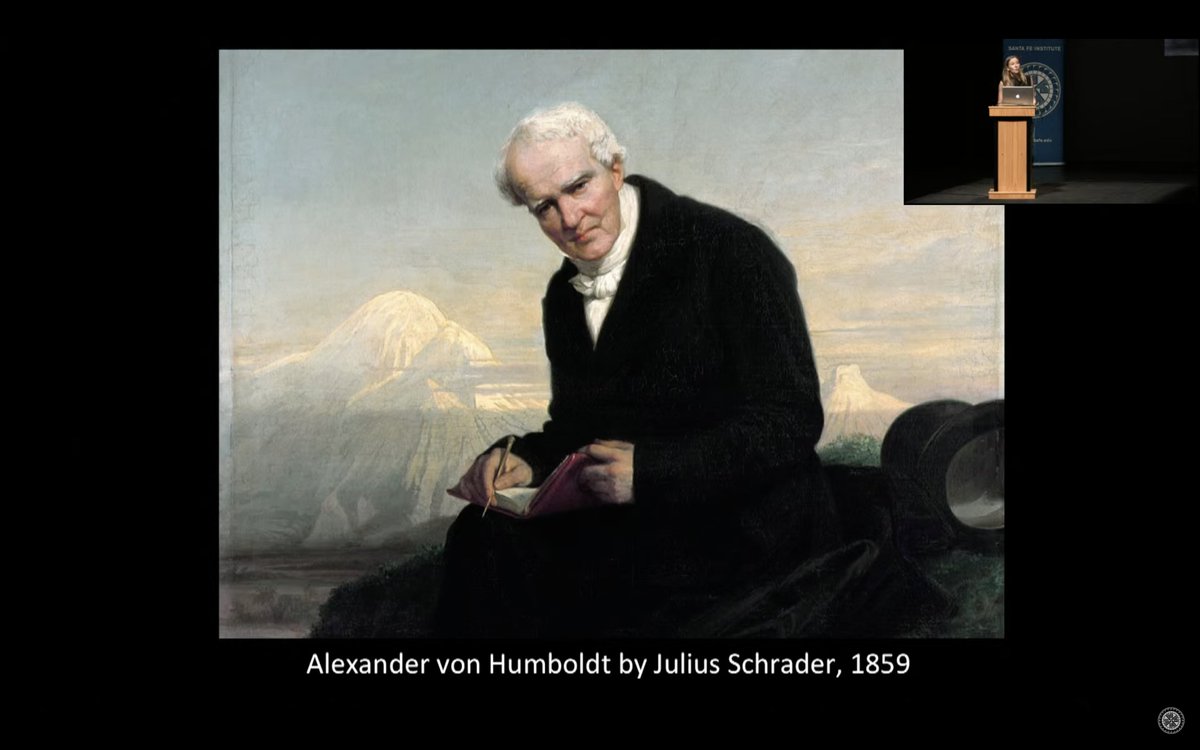
"He was the father of #infographics and the forgotten father of #environmentalism. I also like to say he was the father of #ComplexityScience."
"When you write a book about an explorer, the great thing is that you have to travel the world to follow in their footsteps."

"When you write a book about an explorer, the great thing is that you have to travel the world to follow in their footsteps."
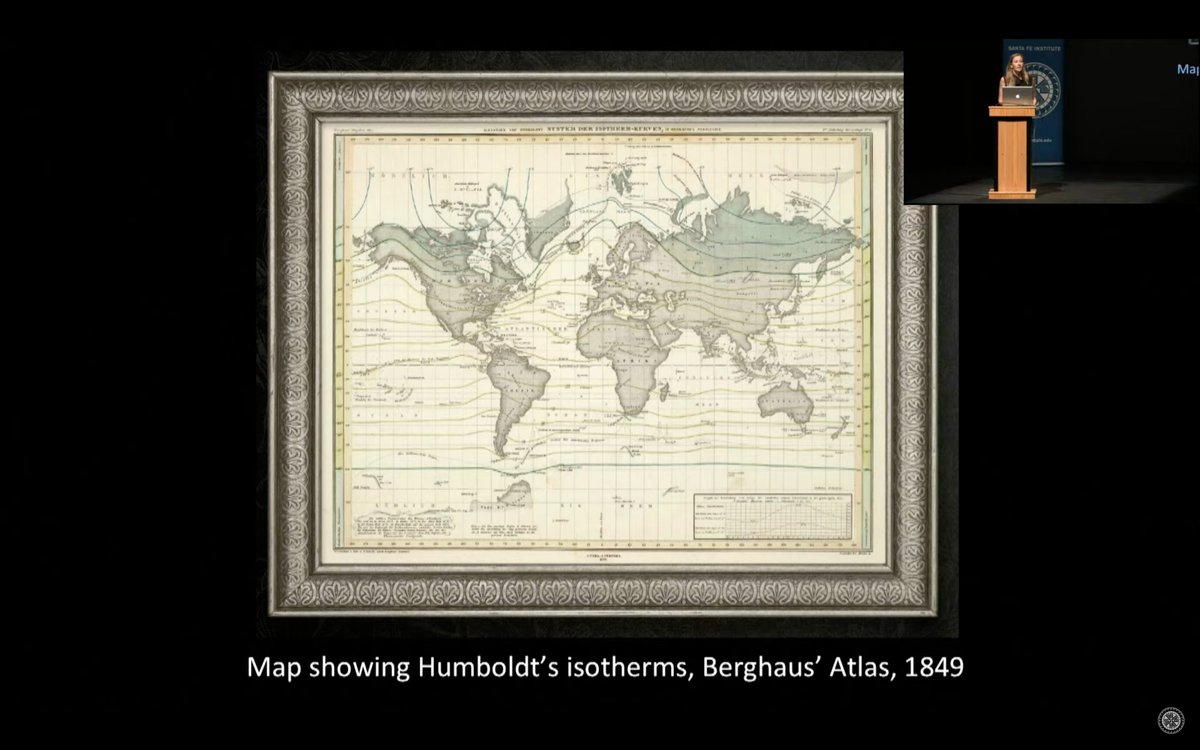
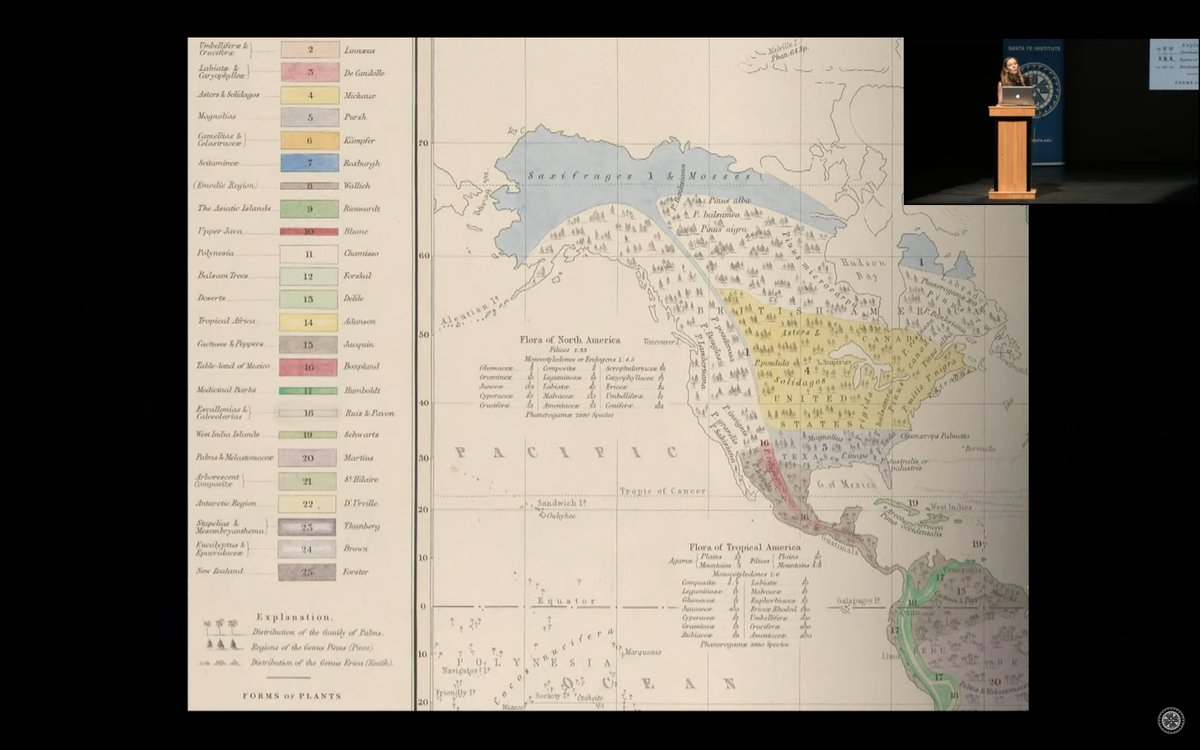
"They almost starved to death. They suffered high fevers. They encountered jaguars & crocodiles. They collected 1000s & 1000s of plants. But he was not just interested in nature. He was also interested in the Indigenous people & said they were the best geographers he'd ever met." 
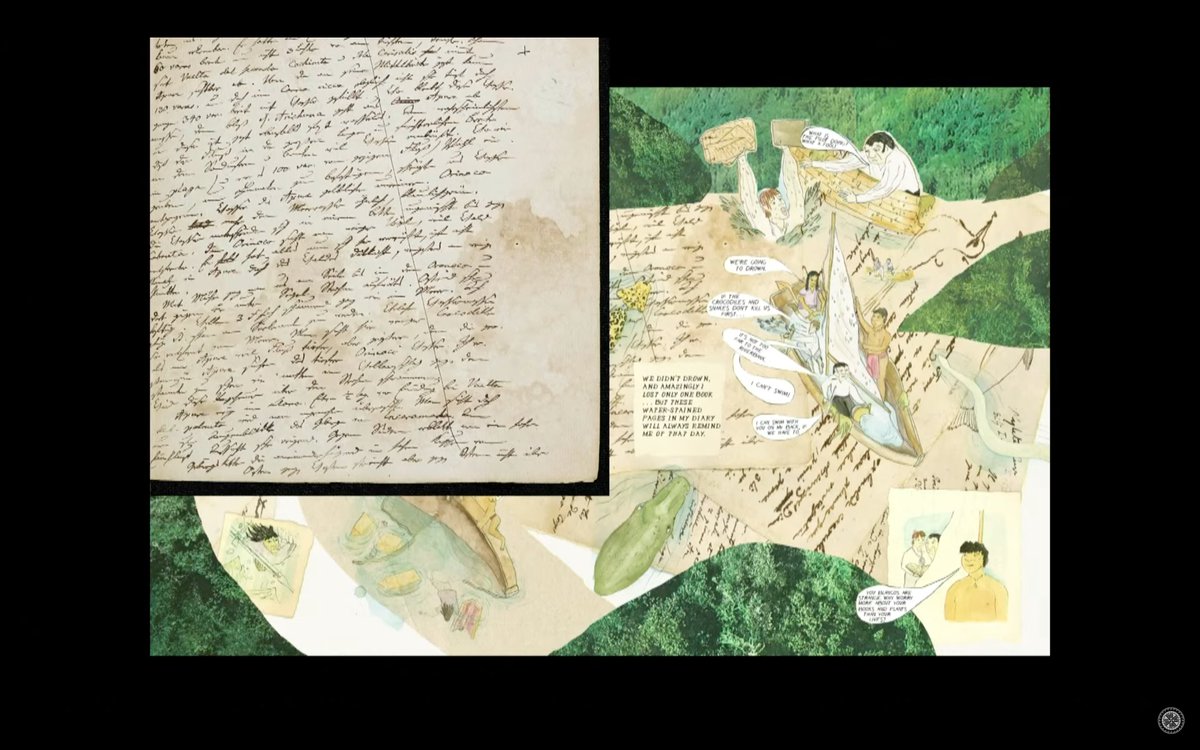
"He described what the forest actually does for an ecosystem, and wrote about humankind's ability to destroy nature. He said in 1801, 'There might be a time when humankind could travel to other planets...and -[will] leave those distant planets as barren and ravaged as Earth.'" 
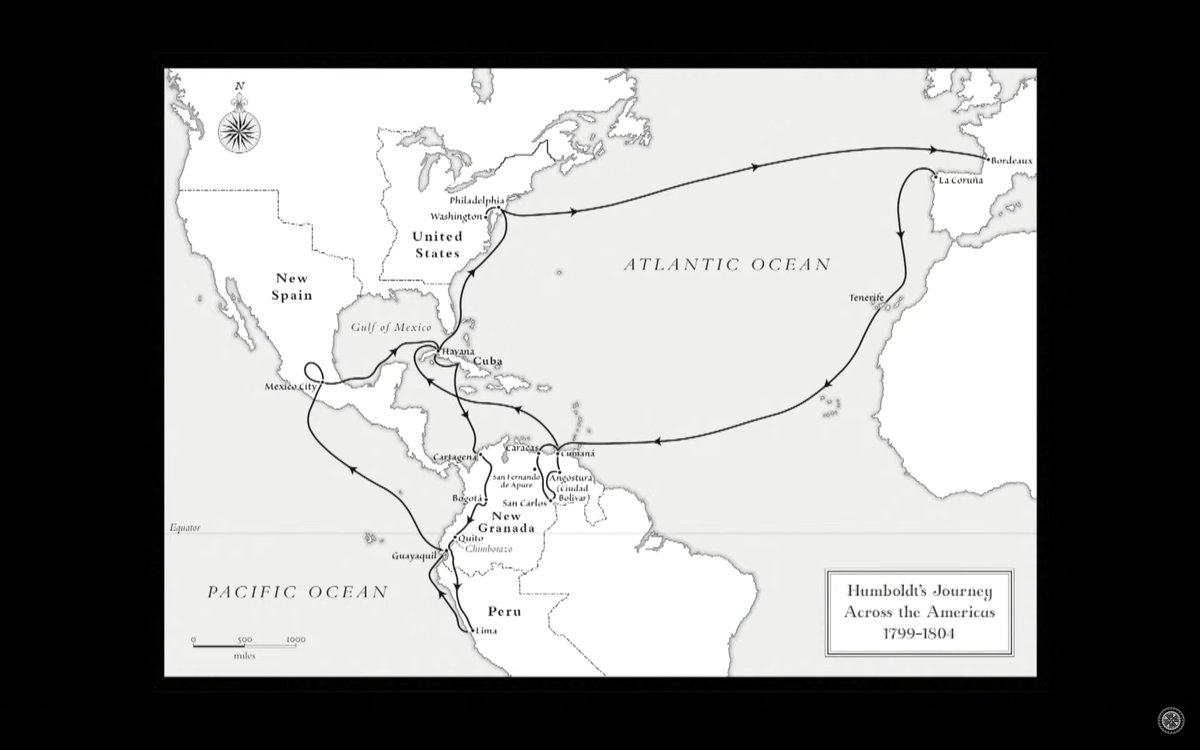
Climbing #Chimborazo, "He noted everything with scientific instruments every few hundred yards."
"They were at 19,340 ft, about 1000 feet before the peak...and had to stop. But they achieved something remarkable: no one else had been this high anywhere else in the world."

"They were at 19,340 ft, about 1000 feet before the peak...and had to stop. But they achieved something remarkable: no one else had been this high anywhere else in the world."

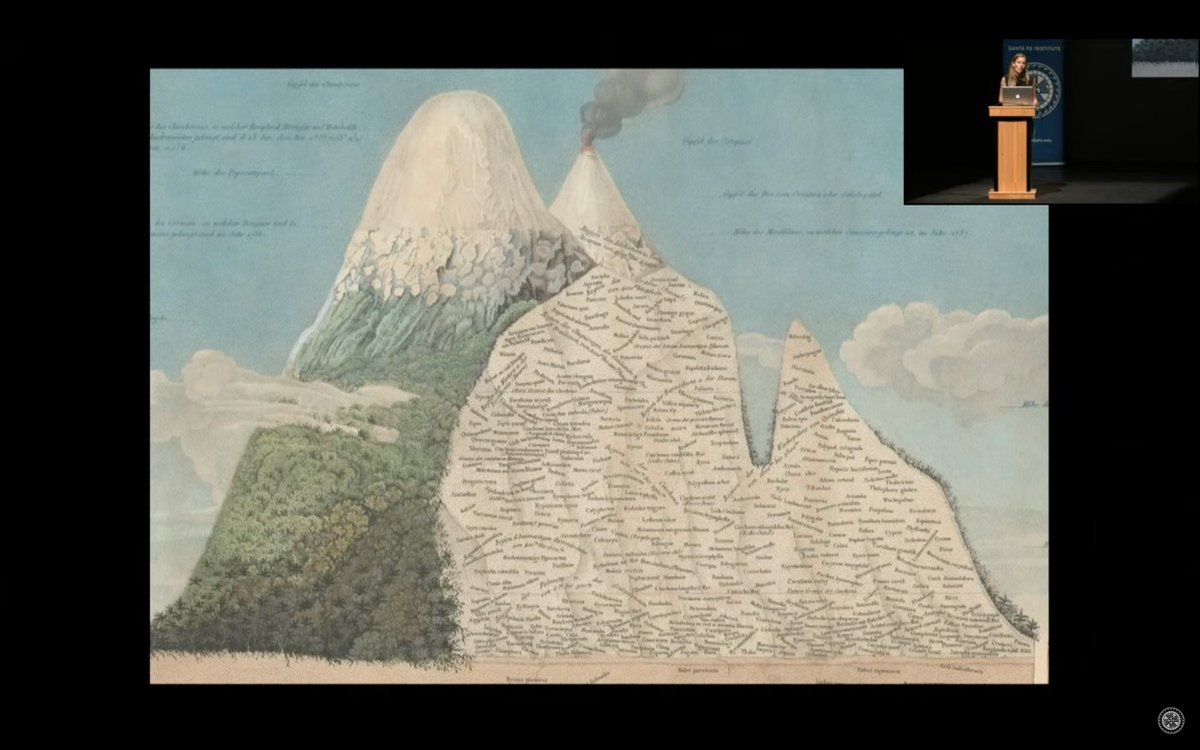
"Using Humoldt's data researchers in 2012 noted that the plants he had recorded at different altitudes had retreated up the slopes [in response to #ClimateChange]."
"'The study of #nature,' he wrote, 'does not exist in the sterile accumulation of isolated facts.'"
"'The study of #nature,' he wrote, 'does not exist in the sterile accumulation of isolated facts.'"

"He left #ThomasJefferson 19 hand-written pages...and collected locked trunks with 1000s of bird specimens." 




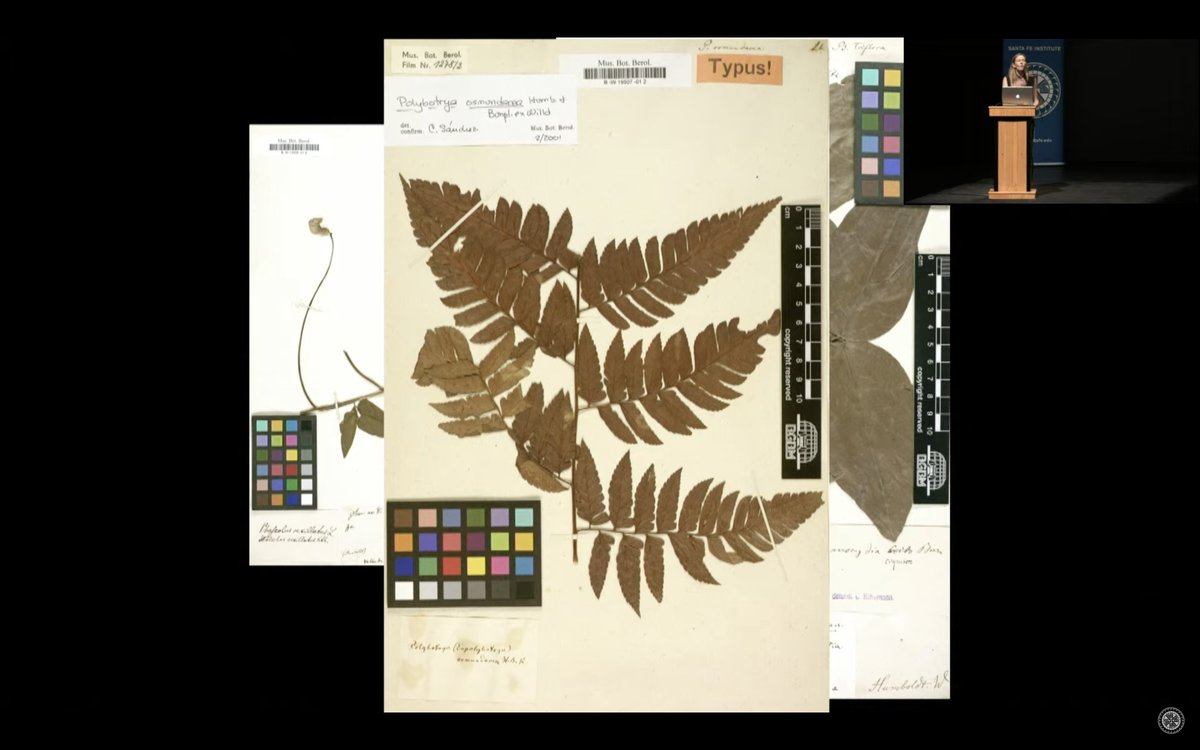
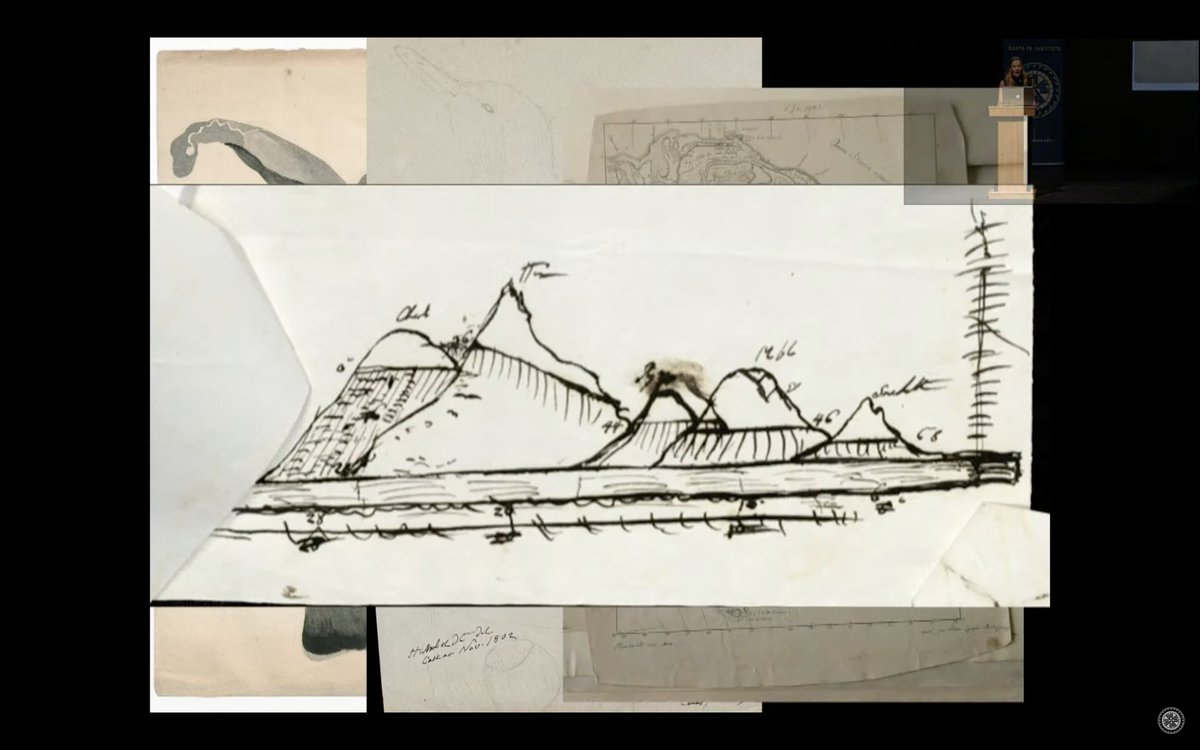

"He jumped from one another equally]. Everything...he said, was linked together, forming one hyper-indiviual."
- @andrea_wulf
- @andrea_wulf
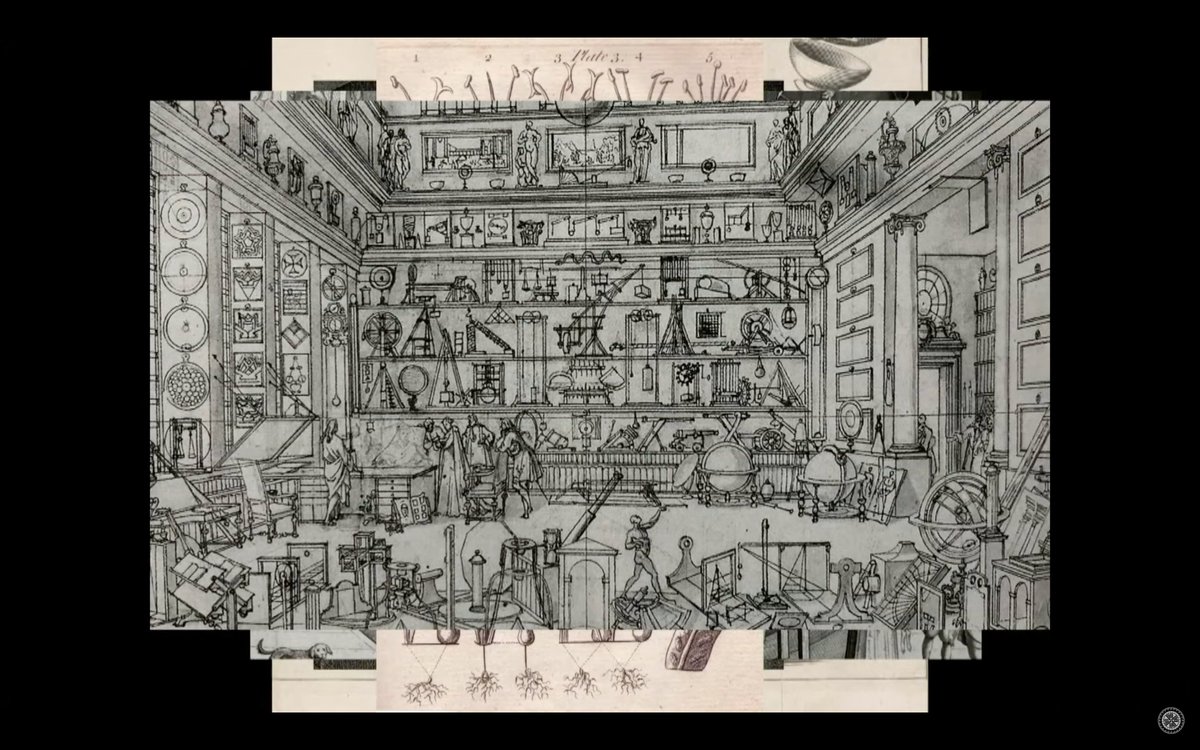
"#CharlesDarwin read his #Humboldt books with pencil in hand. Humboldt's descriptions of South America made #Darwin *want* to travel there."
"He said, 'I am at present eager to follow in his steps.' "[Humboldt] was described by a friend as a "pre-Darwinian Darwinist.'"
"He said, 'I am at present eager to follow in his steps.' "[Humboldt] was described by a friend as a "pre-Darwinian Darwinist.'"
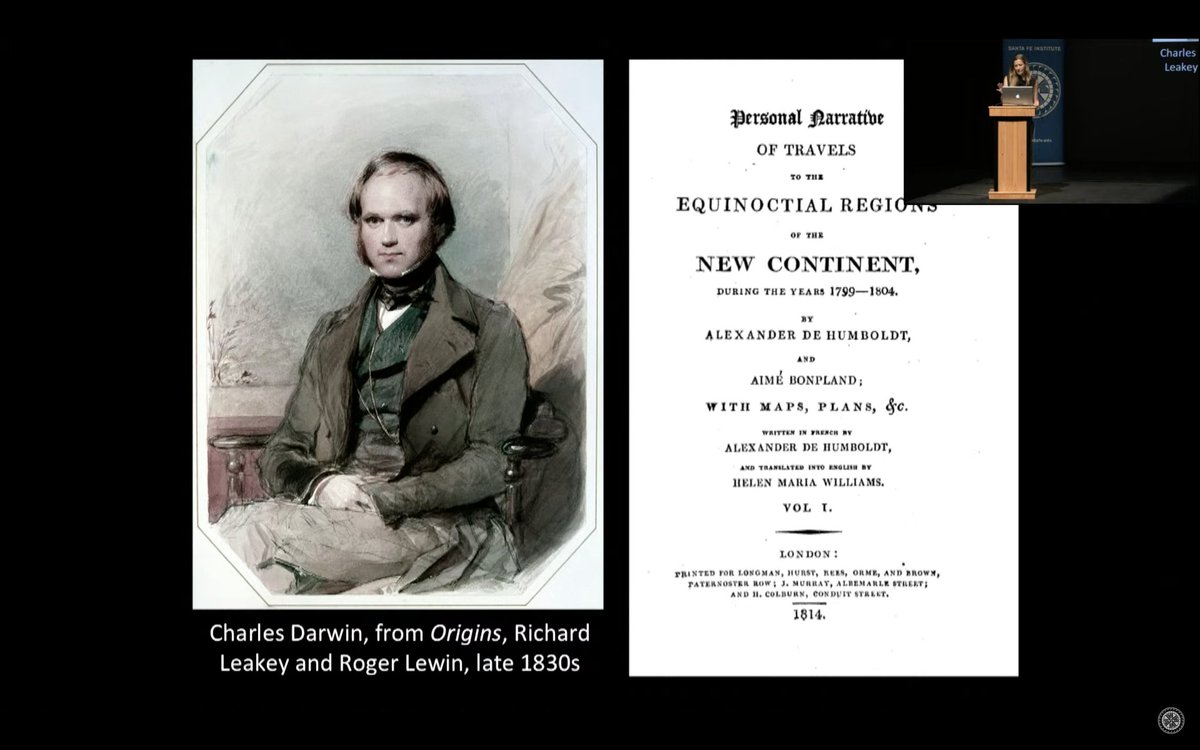
• • •
Missing some Tweet in this thread? You can try to
force a refresh




